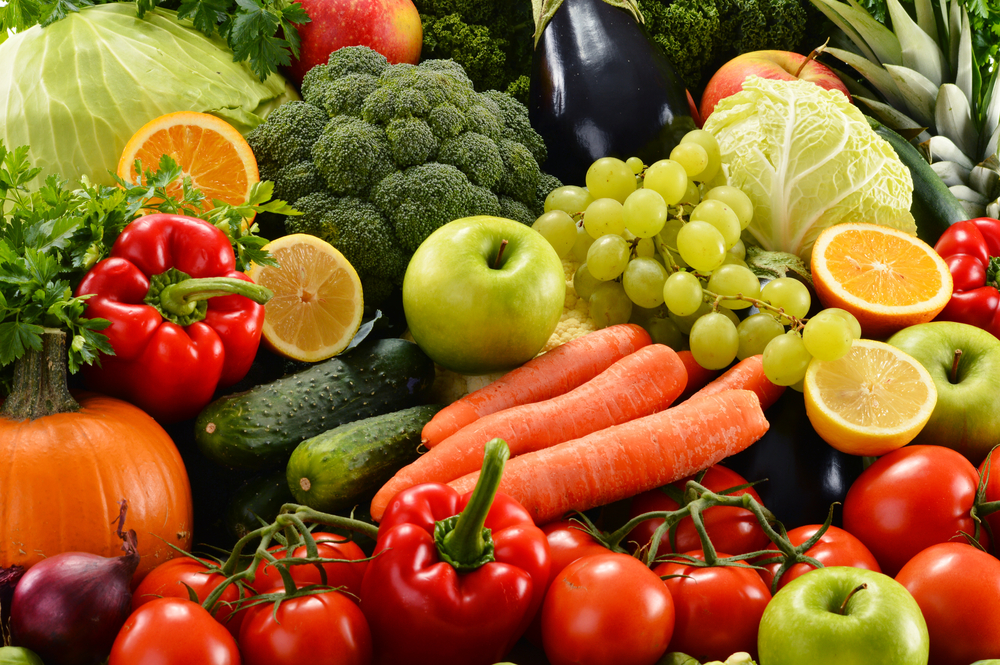Household Bills
Asda and Morrisons halt salad rationing but food shortages rise

Both supermarkets have announced that they are relaxing rules about how many fruit and vegetable items shoppers can buy.
Asda and Morrisons have both been limiting purchases on selected fruit and vegetables since last month.
For the past few weeks, Asda has been rationing the purchase of tomatoes, peppers, cucumbers, lettuce, salad bags, broccoli, cauliflower and raspberries to three of each item per customer.
Meanwhile, Morrisons put a limit of two per item on tomatoes, cucumbers, lettuce and peppers.
Lidl, Aldi and Tesco have also been rationing purchases of certain items. The supermarket limits were due to supply issues of products grown in southern Spain and North Africa where poor weather has meant a bad harvest.
Asda has now removed limits on shoppers buying cucumbers, lettuce, salad bags, broccoli, cauliflower and raspberries.
It is still limiting customers to a maximum of three packets of tomatoes and peppers but the supermarket said supply of these products should be back to normal within a couple of weeks.
Morrisons has removed the purchase limit on cucumbers but it still has a cap of two items per customer across tomatoes, lettuce and peppers.
Lidl announced last week that it was lifting all food restrictions from today.
Shortages of essential food
Meanwhile, Office for National Statistics (ONS) data last week found that at the end of February and beginning of March, 27% of people faced shortages of essential food – the highest number since it was first recorded in September 2021. This is up from 18% the previous fortnight and 11% a year earlier.
Nearly one in three (28%) of those questioned by the ONS said eggs were unavailable, 18% fresh vegetables, 17% fresh milk, 16% frozen food and 16% bread.
More than half (51%) of people said there was less variety than normal when food shopping – another high, and up from 45% a fortnight earlier and 35% a year earlier.
Sarah Coles, head of personal finance at Hargreaves Lansdown, said: “The supermarket shelves are increasingly bare. Food shortages are more common than any time since the ONS first started measuring them. More than a quarter of us are dealing with egg shortages and almost one in five are faced with empty shelves in the fruit and veg section. And while it’s incredibly frustrating when our meal plans are scuppered, it can also be horribly expensive too.
“Over the past few months, there has been a boom in shoppers trading down from premium brands to the supermarket own brands. Kantar figures show that in February, own brand sales were up 13.2% in a year – while branded products were up just 4.6%. However, when shortages leave a gap on the shelf, we can be forced to trade back up again, which can add 50% or more to the cost of our shopping.”